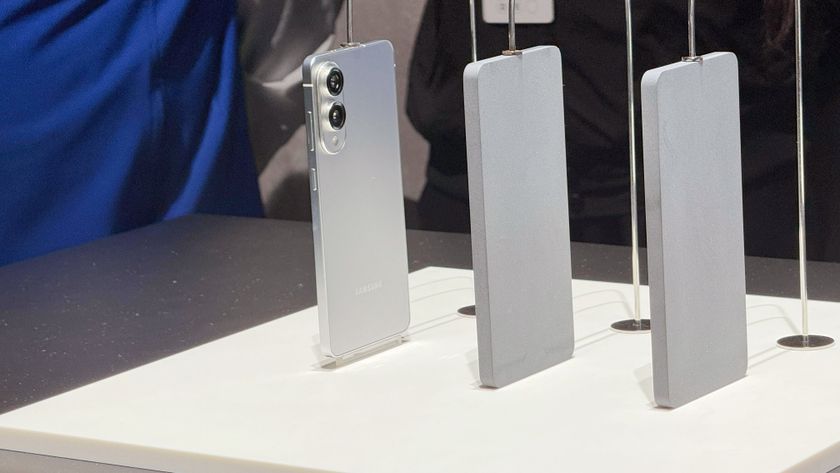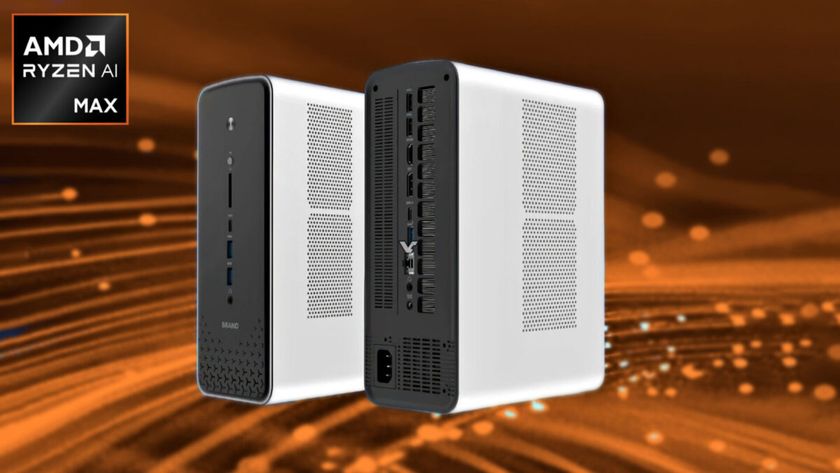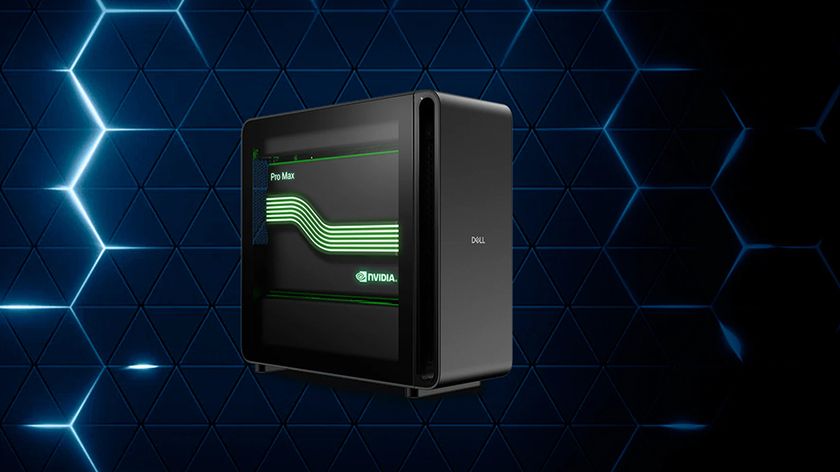Intel's rumoured eight-core CPU has a hidden secret
Just like today's Core i7's, Intel's upcoming eight-core chip will have hidden cores

First the good news. Finally, belatedly, maybe even grudgingly Intel will unleash an eight-core desktop processor. So say the latest leaks on the interweb.
The chip in question is known as Haswell-E. Yup, a derivation of the somewhat maligned (in desktop terms) new Haswell family of CPUs.
Haswell has oodles to offer for mobile PCs. But news of Haswell-E is the first time we've had much cause to celebrate the new architecture on the desktop.
So what are the details? Apart from having eight cores and 16 threads, it's mostly speculation. It does look like memory support gets an upgrade to DDR4 and the LGA2011 socket gets a tweak, breaking backwards compatibility.
But of the eight-core chip itself, it's a bit early for details. That said, we're all familiar with Haswell cores in general and they're not hugely exciting. Nor do they seem terribly keen to clock higher than previous Intel cores.
Core blimey
So the added performance over Intel's existing six-core enthusiast Core i7 processors will be predominantly down to a 33 per cent increase in cores. Which isn't to be sniffed at.
Now the bad news. It's not coming until late 2014. Of course, all this only serves to underline that the upcoming Ivy Bridge-E chips will stick at six cores. They're due out in the third quarter of this years and we're already a bit bummed out by the prospect of another six-core flagship chip from Intel.
Are you a pro? Subscribe to our newsletter
Sign up to the TechRadar Pro newsletter to get all the top news, opinion, features and guidance your business needs to succeed!
That's because the CPU dies underpinning both the existing Sandy Bridge-E Core i7s and those upcoming Ivy Bridge-E's actually contain eight cores. Intel just switches two of them off.
The context here is the fact that Intel has had eight-core chips in servers since 2010. Admittedly, the first eight-core models were massive beasts that would simply have been too pricey for desktop PCs. But like I said, the current flagship Core i7 six-core chips are actually have eight cores inside.
It's all rather frustrating, especially post-Haswell and the realisation that desktop CPU performance gains from the new LGA1150 socket are incremental at best.
The Xeon option
Of course, you can buy an eight-core Xeon chip like the E5-2687W and drop it into a desktop LGA2011 board. It will work. But it's also currently priced at just under £1,500. So it;s not exactly value. OK, there are some cheaper eight-core Xeons, but they're lower clocked and still typically priced north of £1,000.
You're basically paying a workstation and server tax along with a charge for compatibility with multi-socket systems. No, what we really want is a proper desktop version of these eight-core chips.
But that's not coming until late next year and three generations in. Or is it? From what I've read, the Xeon version of the new Ivy Bridge-E enthusiast CPU will be available with up to 12 cores. So the desktop version will have no fewer than six cores disabled.
Come Haswell-E and you can be fairly sure that eight-core chip will have a fistful of hidden cores you can't access. Indeed, it seems like there will actually be 14 cores inside Haswell-E. But on the desktop we'll only be able to get at eight of them. Pretty rum, eh?
Liked this? Check out Best CPU: 10 top processors reviewed and rated
Technology and cars. Increasingly the twain shall meet. Which is handy, because Jeremy (Twitter) is addicted to both. Long-time tech journalist, former editor of iCar magazine and incumbent car guru for T3 magazine, Jeremy reckons in-car technology is about to go thermonuclear. No, not exploding cars. That would be silly. And dangerous. But rather an explosive period of unprecedented innovation. Enjoy the ride.

















